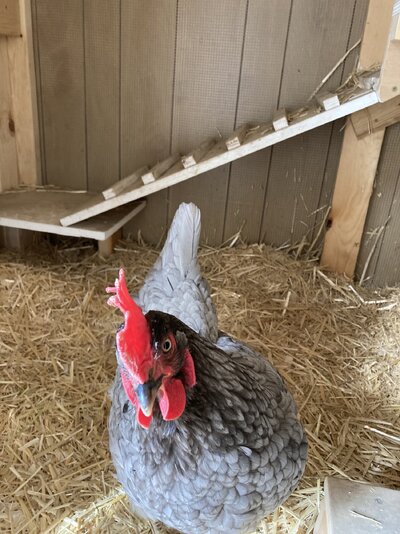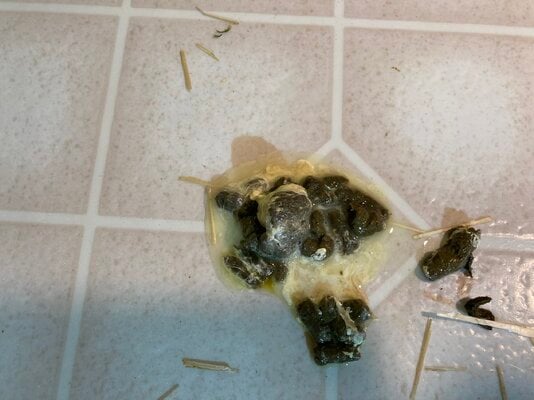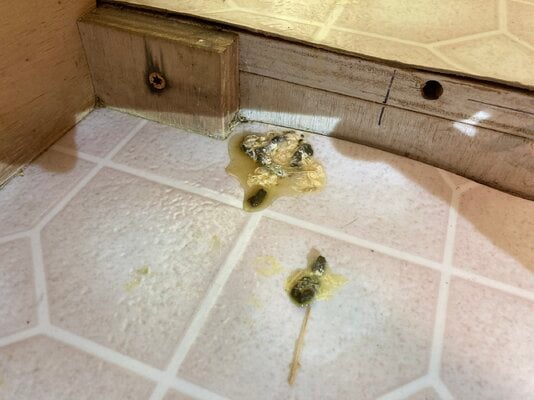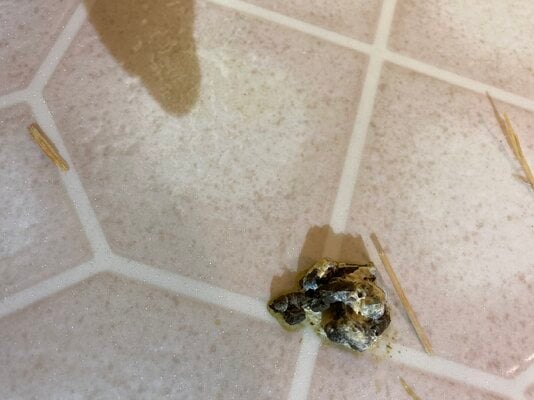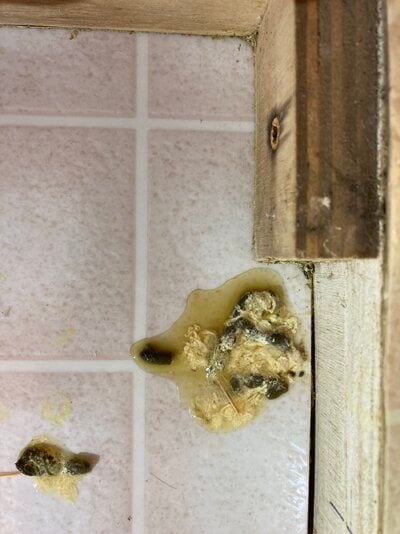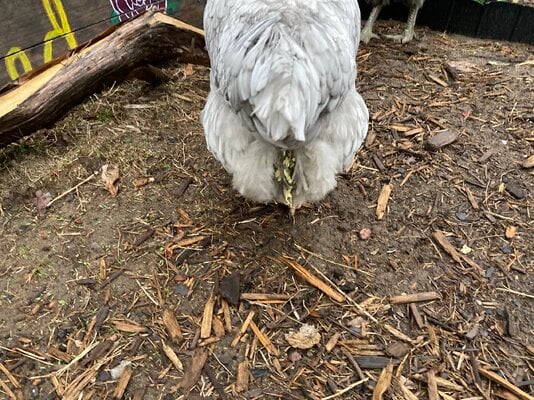Winchikn
Songster
Hello,
I think my flock has infectious bronchitis and I lost a hen this morning and want to support the others as best I can. There has been some mild sneezing over the last 2-3 weeks and some soft-shelled and shell-less eggs. My older hens (4 years this summer) seem to be mostly recovered (though my roo is hanging onto his sneeze), while my younger hens (2 years this summer) are having a harder time. Total flock size is now 11 - mixed breeds including Caramel Queens, Light Sussex, Buff Orp, Buff Chantecler, Ameraucana/EE, and Production Reds.
The hen that died (a 2 yr old and our only Rhodebar) has never been very strong and has struggled with roundworm overload unlike anyone else in the flock. She was dewormed earlier in the spring and has been passing eggy substance with no shell every 4-5 days for a few weeks. I'm pretty sure complications related to that overwhelmed her system this morning (EYP?). She seemed fine yesterday but deteriorated very rapidly after I got them up this morning, and her rear abdomen felt full and soft.
Later today, a production red of the same age passed this weird thing - definitely out of her reproductive tract:


Wondering if this all sounds like IB or if I need to worry about anything else?
If IB, I understand vitamins/electrolytes, careful cleaning (which I've already been doing), and waiting out the virus are about the best I can do?
Is there anything I can do to help the egg issues resolve?
Side note that it has been unseasonably hot here in BC/Western Canada the last week...
Thanks.
I think my flock has infectious bronchitis and I lost a hen this morning and want to support the others as best I can. There has been some mild sneezing over the last 2-3 weeks and some soft-shelled and shell-less eggs. My older hens (4 years this summer) seem to be mostly recovered (though my roo is hanging onto his sneeze), while my younger hens (2 years this summer) are having a harder time. Total flock size is now 11 - mixed breeds including Caramel Queens, Light Sussex, Buff Orp, Buff Chantecler, Ameraucana/EE, and Production Reds.
The hen that died (a 2 yr old and our only Rhodebar) has never been very strong and has struggled with roundworm overload unlike anyone else in the flock. She was dewormed earlier in the spring and has been passing eggy substance with no shell every 4-5 days for a few weeks. I'm pretty sure complications related to that overwhelmed her system this morning (EYP?). She seemed fine yesterday but deteriorated very rapidly after I got them up this morning, and her rear abdomen felt full and soft.
Later today, a production red of the same age passed this weird thing - definitely out of her reproductive tract:
Wondering if this all sounds like IB or if I need to worry about anything else?
If IB, I understand vitamins/electrolytes, careful cleaning (which I've already been doing), and waiting out the virus are about the best I can do?
Is there anything I can do to help the egg issues resolve?
Side note that it has been unseasonably hot here in BC/Western Canada the last week...
Thanks.
Last edited:




